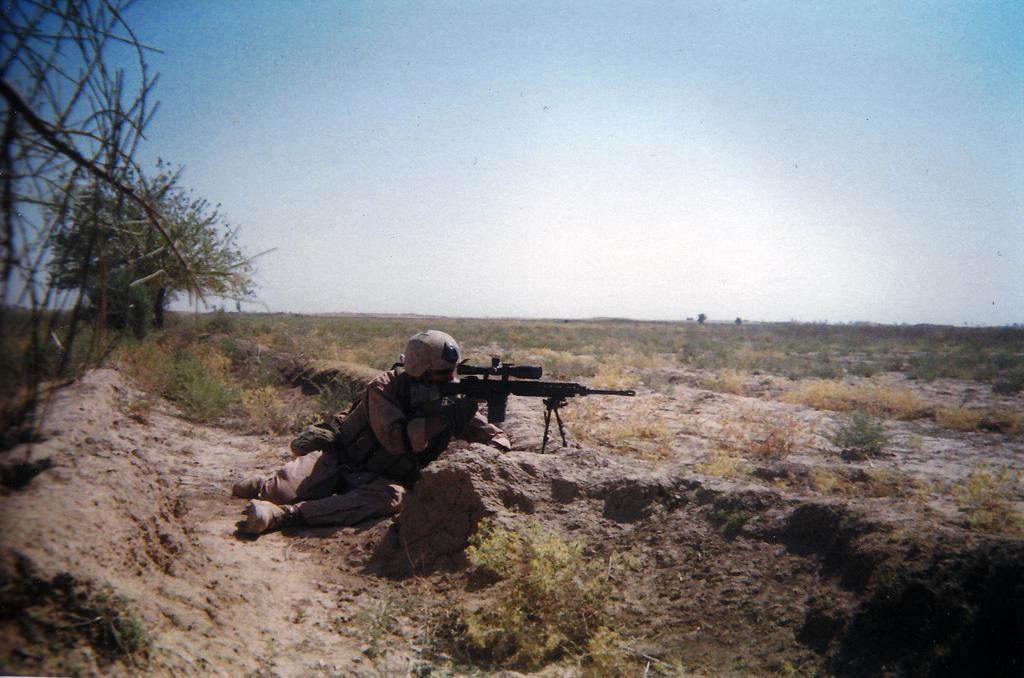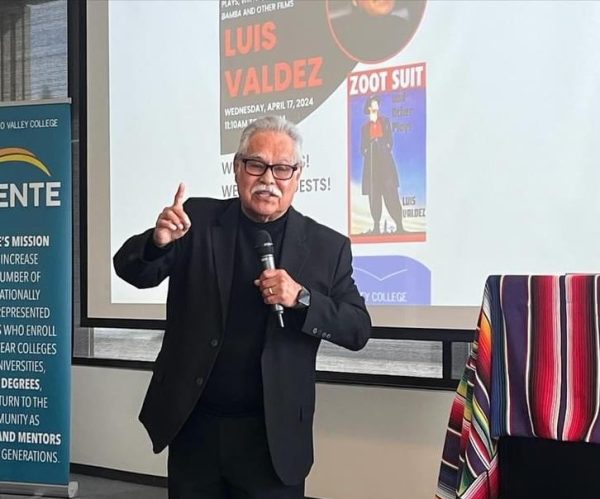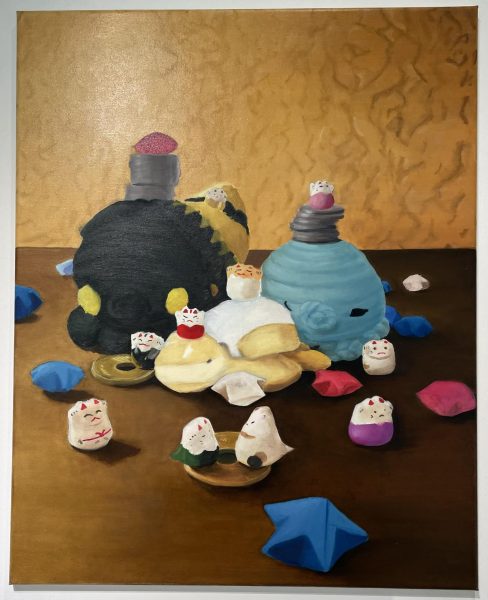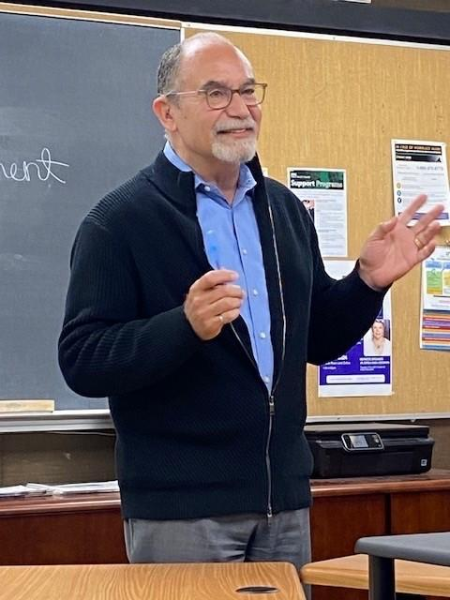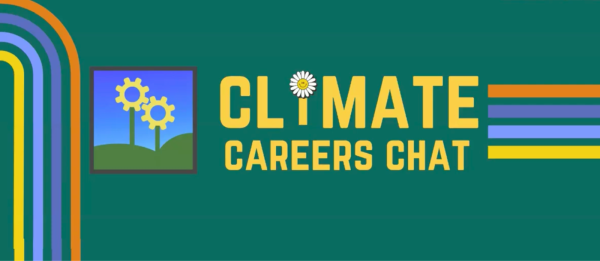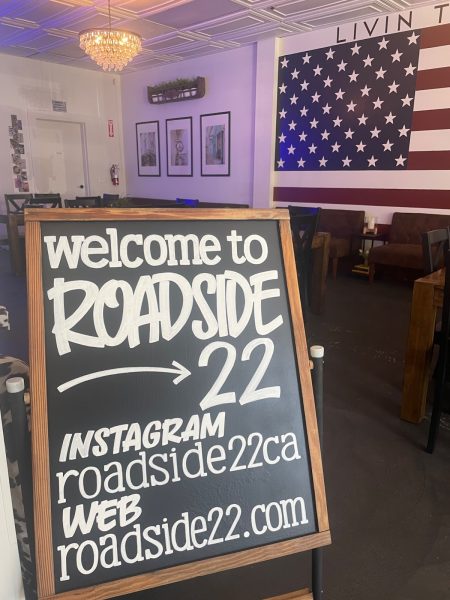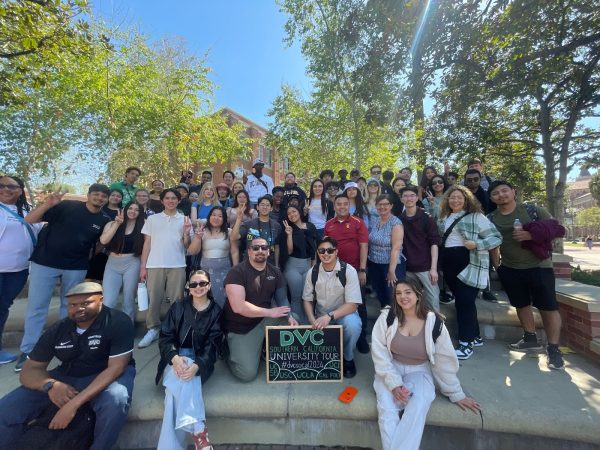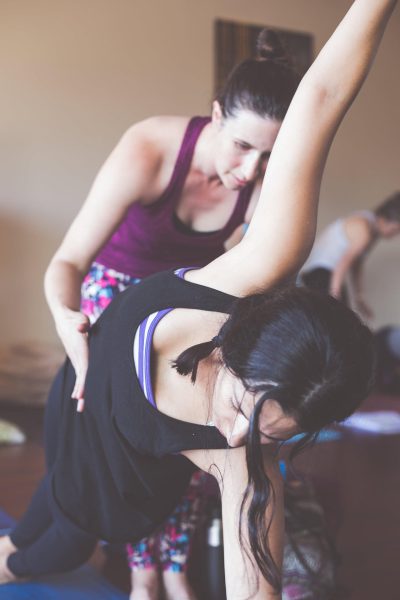Nothing is certain in Iraq
February 23, 2010
The night-vision goggles cast the road in a soft green glow, a familiar if otherworldly view of Iraq. We watch for five, maybe 10 minutes, but we see nothing unusual. To 26 Recon Marines, it’s just an ordinary dirt road, marked by a few potholes, weaving its way to a village. Nothing looks out of place.
The night air seems cooler, that is to say it’s only about 100 degrees. The sand and occasional brick house still radiate the scorching heat that blistered the land throughout the day. We’ve had to hang our bottles in wet socks outside Humvee windows just to bring the near boiling water to a drinkable temperature. Inside the armored vehicles, we sit cramped and drenched in sweat, wishing for even the slightest breeze.
We are a special operations unit, sent on a deep reconnaissance mission into unfriendly territory. For most of us, this is another day on the job. Only two “boots,” Marines on their first tour, have yet to witness the brutality that not even the most elite training prepares you for. The rest of us are on our second, third or fourth tours.
I can’t help but think back to the year before. Will it be different this time? Will we see as much combat? I pray not. During our briefings, we were told that the insurgency had subsided. But nothing is certain in Iraq.
The moon and stars illuminate the desert landscape, and Humvee headlights catch the odd cat or dog scampering across the road. We almost always travel at night. At least, since we learned the hard way a couple years back, when a “daisy chain” of IEDs hit us one morning.
With every rock and pothole the Humvee hits, I bang against the metal armor surrounding me, my helmet the only thing between me and a concussive injury. The 100 pounds of gear and ammunition that I carry weigh more heavily as the hours pass in the tight, stuffy space. The M249 squad automatic weapon between my legs adds to my claustrophobia.
I scan ahead and to our flank. The dirty 4×4 bulletproof window to my left and the legs of the machine gunner in the turret limit my vision, but anything helps. We have escaped death before because one person spotted something out of place.
Irrigation canals and patches of reeds and bushes pass by on either side of the road. Over the roar of the engine, I can hear the muffle of radio traffic and the broken a/c spinning. The constant rattle of grenades, bullets and weapons is almost comforting. We have enough suppressive fire to withstand any attack.
Around 2:00 a.m., we dismount at a house on the outskirts of a village. We sleep in shifts until dawn, six men pulling security and 20 men on the packed dirt floor. After a breakfast of stale MREs and warm water, we begin a day of patrols and “knock-and-talks” to gain a feel for the locals.
This place is like the countless other villages I’ve been to. Many of the 30 or so flat-topped, brick houses look as if they’re in mid-construction, with holes punched through walls and unfinished stairways. Children run and play in the streets, some kicking a beaten-up soccer ball, others holding out their hands to us, “Mister, mister, chokoolat.” Men squat outside their homes, smoking cigarettes and drinking tea, while veiled women return from the river in twos and threes, heavy baskets of water on their heads.
We observe custom and speak only with the men. They’re polite, but hardly forthcoming. They don’t want us here any more than we want to be. By the end of the day, we pack up to leave with no new intel on insurgent activity in the area.
I cram into the fourth vehicle with five other Marines. We are hot and tired, and the Humvee is like an oven. No one looks forward to another night-long drive through the desert. But we are in unusually high spirits. We joke with one another and try to make light of having eight months still ahead of us until we’re home, safe, with our loved ones.
As my eyes adjust to the night-vision goggles, Iraq again turns an eerie green. I feel as if I’m entering some sort of dream, a hazy consciousness that can be sparked to clarity at any moment.
Leaving the village, we round a small bend that wasn’t entirely visible from our vantage point the night before.
First there’s a blinding flash, then a deafening sound as my Humvee lurches into the air. My heart jumps to my throat, and in that split-second I know: A roadside bomb. A pressure-plated IED that, somehow, four vehicles passed without detonating. Vehicle Five, about 15 feet behind us, is hit hard, its entire front end gone.
I scramble out of my Humvee, and enter a nightmare. Gunny, our platoon sergeant, lies in a crater the size of a Volkswagen, his legs blown apart.
Flesh and blood are scattered across the road and paint the inside of the wrecked vehicle. Dazed Marines stumble through the smoke and dust, unsure if they’re hit. Doc, our corpsman, is tying tourniquets to Gunny’s mangled legs as the ground around them turns darker. I run my team’s trauma pack to Doc and hear Gunny, his face twisted in unimaginable pain, ask Doc to kill him.
In a rational world, there would be shock and emotion. I am staring at a man near death, the corpsman who tends him kneels on a gruesome composite of turned earth and flesh. No mind should take in such horror. But in war, cruelty is commonplace. So there is calmness in our movements. We have to focus on staying alive. I join Marines on security, as a radioman requests an immediate casualty evacuation.
Time becomes abstract. I don’t know if hours or minutes pass before the CH-46 hovers above. The steady beat of the blades are deafening as the chopper sets down. Through the night-vision goggles, the dust-filled air looks like a lunar sandstorm. We load Gunny into the chopper, and the bird takes off.
We are ordered to stay until backup comes.
I dig in on the side of the road, hidden in some reeds. Through a sleepless night, I again watch Iraq basked in a surreal green. Marines about me quietly shift their weapons and whisper into radios. There is no movement in the desert. Even the village is dark and lifeless.
At daybreak, I am relieved that I’m still alive. But it starts up before long. First come the mortar rounds and 50 cal. sniper fire, then the cracking of AK-47s.
I wonder if I will live to see the next day. Humvee wreckage and a deep crater are yards away, a grim reminder that nothing is certain in Iraq, not even an ordinary dirt road.
Contact Chris Clark at [email protected]





































































